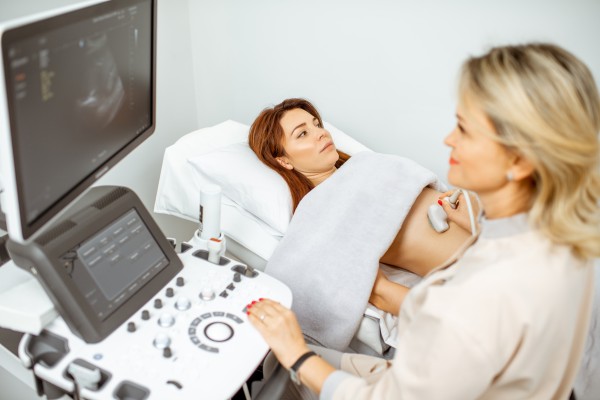
What is a detailed scan:
A detailed scan is used to examine a fetus’ organs and development for possible abnormalities. Other common names are mid-pregnancy scan, anomaly scan, detailed anomaly scan, or morphology scan.
When is a detailed scan done:
It is typically done between weeks 18-28 of pregnancy, although ideally between weeks 20 to 24. A detailed scan is part of the common routine recommended for expecting mothers, and it takes place around halfway through your pregnancy. An ultrasound/detailed scan is highly recommended for every mother to do, especially if they have medical conditions or risks that can affect the baby and birthing. This includes things like old age (more than 40 years old), hypertension (high blood pressure) or having a family history of abnormalities/birth defects.
What does a detailed scan do:
A detailed scan gets a high-quality and comprehensive scan of the baby and the baby’s inside, much more detailed than a basic ultrasound scan. This allows the doctors to check for structural abnormalities like irregular size/length, missing organs, holes, or certain congenital disorders (birth defects). It can also determine the sex of your baby.
Process of a detailed scan:
A detailed scan uses the exact same process as an ultrasound, so it’ll require a full bladder for the examination. When you lie on the examination bed, the specialized technician (sonographer) will place a gel over the area and then press and rub the transducer (a probe) against your skin in various parts of the abdomen (belly), thus creating the image of the baby that you can watch along on the screen.
The sonographer will examine thoroughly various parts and organs during a detailed scan, such as the heart, brain, bones, organs, hands, etc. This includes measuring the size and monitoring the functions to evaluate the development of the baby.
Why should you do a detailed scan:
To begin with, at 20 weeks, your fetus looks much like the baby, with many of its features quite developed. So a detailed scan allows you to see your baby’s appearance, and, depending on the clinic, take home pictures of it.
More seriously, however, is that a detailed scan is needed to identify abnormalities in your baby’s development. Rather than discovering during birth about a baby’s debilitating or special abnormality, being able to prepare for it mentally and physically is much better. This includes learning about it, treatment or therapy plans for it, and also assistive technologies that can be gotten to improve day-to-day life.
It’s also used to evaluate the baby’s health and safety. A detailed scan includes checking the blood flow between the placenta and umbilical cord, the heart rate of the baby, and the amount of amniotic fluid. It can also check your uterus, ovaries, and cervix, along with whether the placenta is covering your cervix, which may cause complications during birthing.
Even if an abnormality isn’t fatal or dangerous, it can be hindering to their future. This is why detailed scans and other forms of testing like NIPT Test Malaysia, can be done to plan ahead for early intervention.







